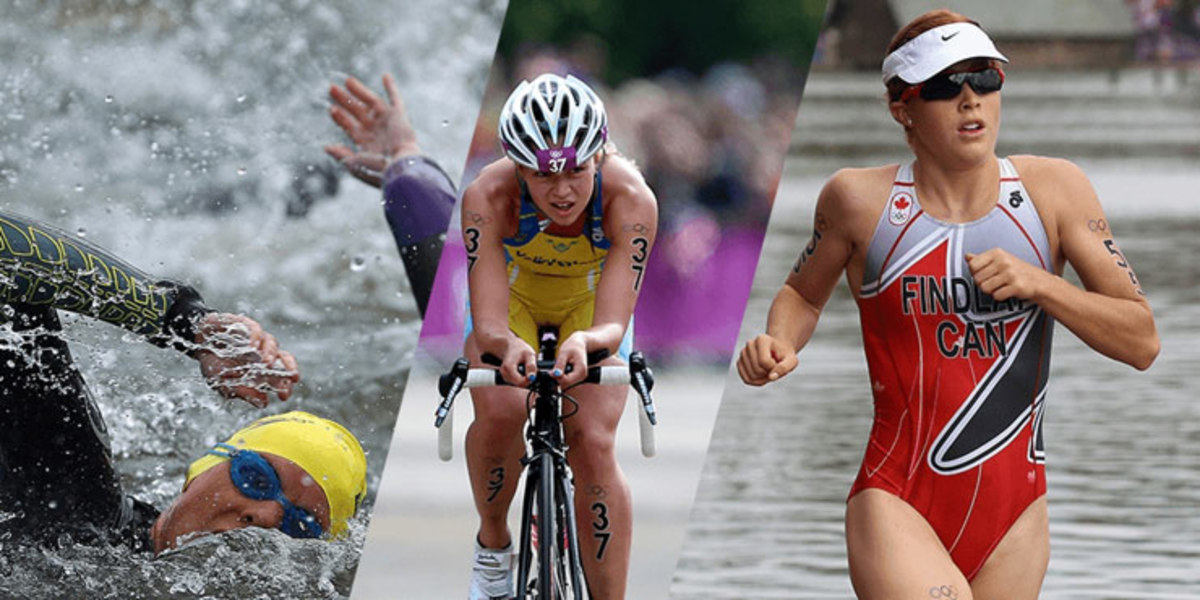Triathlon events meld water sports, bike racing, and running into a unified endurance event that tests both the body and mind. For many, preparing for a triathlon is not only about preparing for a race; it is a process towards achieving peak health and enhancing overall capabilities. Whether you are a seasoned athlete or a novice to the sport, understanding how to effectively train can prove to be all the difference in reaching your objectives.
Triathlon coaching can be a revolutionary element in your training journey. With personalized guidance, expert advice, and structured programs tailored to your specific needs, coaching offers the support necessary to maximize your possibilities. As you start on this varied training routine, you will find not only the physical benefits of enhanced strength and endurance but also the psychological resilience that comes from mastering the art of triathlon racing. Embrace the challenge and get set to reveal your true capabilities with the help of dedicated coaching.
Key Tenets of Multisport Coaching
Proficient triathlon coaching is built on a cornerstone of customized training plans that address the distinct strengths and weaknesses of each athlete. Coaches evaluate the current fitness level of their athletes and create tailored programs that consist of swimming, cycling, and running workouts. This personalized approach confirms that athletes focus on areas that need improvement while also refining their existing skills, ultimately fostering greater progress and boosting their overall performance.
Another key principle in triathlon coaching is the combination of periodization in training schedules. By structuring training into specific phases, athletes can experience cycles of increasing intensity and mileage, followed by recovery periods. This method enables peak performance at the optimal time, especially leading up to races. Periodization also assists to prevent burnout and injuries, which are common pitfalls for athletes who exercise without structure.
Nutrition and recovery strategies are just as crucial in triathlon coaching. An efficient coach highlights the importance of a balanced diet to energize training and improve recovery. Proper hydration, macronutrient balance, and the timing of food intake all play critical roles in an athlete's performance. Moreover, establishing a solid recovery routine, including rest days, active recovery sessions, and sleep optimization, supports continuous improvement and helps athletes maintain consistency in their training efforts.

Dietary Strategies for Optimal Results
To maximize performance in multisport training, proper nutrition is essential. Athletes must intake a balance of carbs, protein, and lipids to energize their bodies effectively. Carbohydrates are the primary source of energy, particularly during long training sessions and races. It is important to incorporate complex carbohydrates, such as grains, fruits, and vegetables, as they provide lasting energy and help maintain ideal glycogen stores.
In addition to carbohydrates, adequate protein intake is vital for muscle repair and recovery. Triathletes should concentrate on lean protein options like chicken, fish, beans, and dairy products. Consuming protein after workouts can assist in muscle recovery and help prevent injuries. Furthermore, nutritious fats from options like seeds, nuts, fruit, and olive oil can enhance long-term energy levels and overall health, making them an important piece of the nutrition puzzle.
Hydration cannot be overlooked in a triathlon training regimen. Dehydration can severely impact performance, so it is important to drink fluids and electrolyte-rich fluids before, during, and after workouts. Monitoring fluid loss and adjusting intake according to individual needs and environmental factors is a key strategy. By concentrating on a well-rounded nutrition plan, triathletes can enhance their performance and support their health throughout their training journey.
Injury Prevention and Restoration Methods
In the triathlon training training, injury management remains essential for ensuring peak performance and health. A well-structured training strategy focuses on incremental escalations of intensity as well as volume, allowing athletes to acclimate without injury. Incorporating muscular workouts does not only enhance endurance while also supports joint function, minimizing the chance of common injuries like strains and sprains. Regular stretching exercises, including Pilates and dedicated stretching sessions, contributes to preserving a maximal articular movement and decreases muscle tightness leading to problems.
Recovery strategies also equally important for competitors participating in rigorous training. The implementation of light recovery days, in which low-intensity workouts such as swimming at a low pace and biking at a easy pace are implemented, might assist remove byproducts while also enhance blood flow. In addition, securing appropriate rest as well as dietary needs is a key role in recovery. Coaches frequently recommend post-exercise meal plans, like eating a mix of protein and carbs immediately after exercise, to facilitate repairing muscle tissues and fill energy reserves.
In conclusion, understanding the indicators of burnout as well as overtraining remains important to all competitor. Coaches help competitors to recognize these signs and highlight the importance of paying attention to bodily signals. Using strategies like massage therapy, rolling out with foam, plus ice baths can significantly aid in rehabilitation as well as tame swelling. With focusing on these injury prevention as well as restoration strategies, athletes do not just improve their output while also develop a lasting workout routine that contributes to sustained health as well as success in their triathlon careers.
